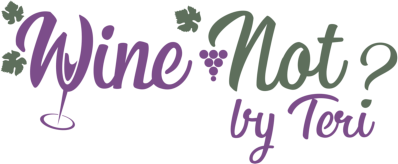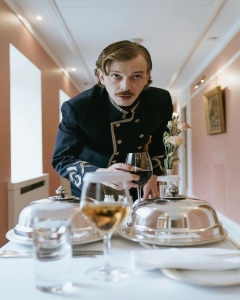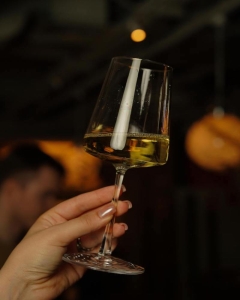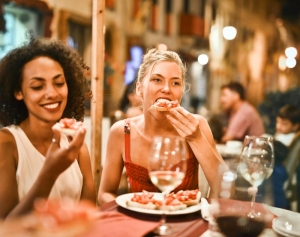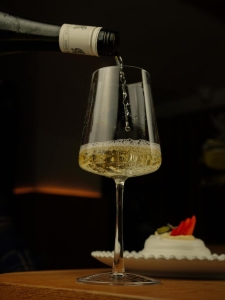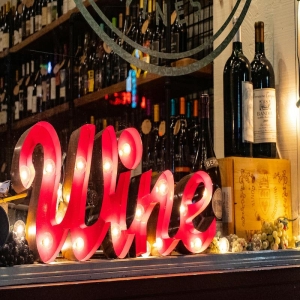Mastering Communication: How Timely Responses Build Stronger Ties in the Wine and Spirits Industry
In the fast paced wine and spirits industry, communication goes beyond being polite – it’s key to your success. Building and maintaining strong relationships is crucial for creating opportunities, partnerships and smooth operations. Every interaction you have with a sales rep, distributor or partner whether you accept or decline an offer leaves a lasting impression.
One of the key parts of this is understanding the human behind the business. Sales reps aren’t just offering you products – they’re building bridges, creating networks and investing time and energy into those relationships. By responding even with a polite decline you’re acknowledging their effort and keeping the relationship alive. This respect doesn’t just reflect on your business acumen but also your reputation in the industry. Over time this can open doors to exclusive deals, hard to find products or special collaborations that may not be available to others.
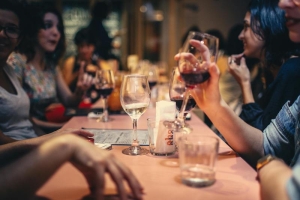
In an industry that’s all about networking how you respond to people can set the tone for how others see your business. You’re not just declining a product – you’re either keeping or damaging a relationship. Not responding to a message or offer means you’re showing disinterest and this can erode trust. Even if the product doesn’t fit your current goals acknowledging the offer shows you value the relationship. In the long run those relationships can come back around with opportunities that are better suited to you.
There’s a practical side to good communication. Keeping things moving depends on the flow of information and delayed or absent responses can slow down your own processes. Not only do you risk stalling negotiations or delaying shipments but you could miss time sensitive deals. Many limited edition wines or rare spirits are only available for short periods. Not responding in time could mean missing out on something your customers or partners are desperate for.
By having clear lines of communication you also make it easier to manage expectations with your sales reps and partners. Whether you prefer email, phone calls or other methods of contact make these known to avoid miscommunication. If you need more time to evaluate an offer say so, transparency is highly valued in this industry. A simple message like “I received your proposal and will get back to you by the end of the week” gives you the time you need while showing respect to the sender and keeping the relationship alive.
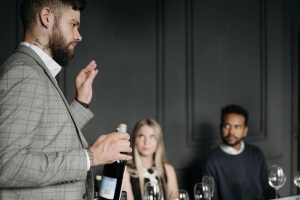
When you decline an offer how you say no is just as important. A firm but kind decline means both parties can part ways amicably. For example if you’re approached with a new wine that doesn’t fit your portfolio a reply like “Thanks for reaching out but we’re focused on different varietals at the moment” not only shows you’re considerate but provides valuable feedback. This lets the rep know they’re not just being dismissed they can tailor future offers to your needs and future opportunities.
Plus your response or lack of response can impact how your business is seen in the industry. The wine and spirits industry may be global but it’s personal and a network of professionals who often cross paths. Word gets around fast and being seen as clear and respectful in your communication can get you in the minds of the key players. On the flip side being seen as someone who doesn’t respond or is hard to get in touch with can be damaging and people will be less likely to approach you with opportunities in the future.
Good communication also shows leadership and sets the tone for how your team should interact with partners and clients. When your staff see you responding promptly and respectfully they’ll likely follow suit. This can create a culture within your business that values strong positive relationships – something that’s key to long term success in an industry as personal and relationship driven as wine and spirits.
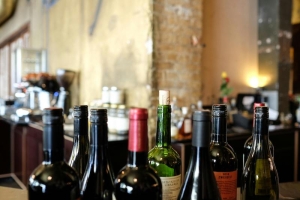
Finally the ripple effect of timely communication can benefit your business’s efficiency. Responding quickly and effectively to proposals means everyone is on the same page and avoids miscommunication or delay. This leads to faster decision making, quicker product launches and better managed supply chains. Whether you’re dealing with a distributor on a new wine shipment or discussing a marketing collaboration the ability to keep communication flowing will improve your business.
In summary good communication is not just about responding to sales offers or business proposals it’s about building and maintaining your professional network. The wine and spirits industry is based on trust, relationships and shared opportunities and how you manage these connections will set you up for long term success. By being responsive, respectful and clear in your communication you’ll not only boost your reputation but future opportunities, collaborations and exclusive offers will remain open to you.
